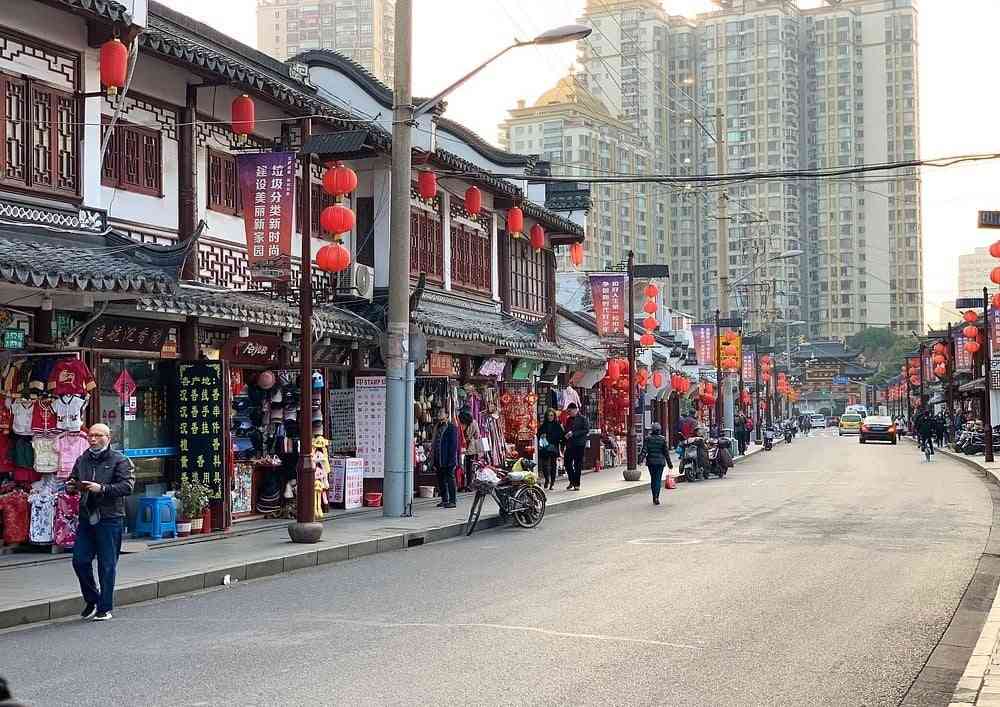
MDC Alliance youth treasurer Judith Tobaiwa (JT) last week trounced two party heavy weights and favourites, former MP Blessing Chebundo, and former Health minister Henry Madzorera in the party primary elections to replace the late Kwekwe Central MP Masango Matambanadzo who died a few months ago.
Cliff Chiduku
Despite their seniority and experience in Parliament and that she was once Chebundo’s personal assistant, Tobaiwa who is the daughter of Kwekwe deputy mayor Shadreck Tobaiwa beat the two MDC Alliance heavyweights in a highly contested primary election.
In 2000, Chebundo rose to fame when he stunned many and defeated the now President of Zimbabwe, Emmerson Mnangagwa in Parliamentary elections for the Kwekwe seat. Mnangagwa was later forced to contest for a rural seat in Chirumhanzu-Zibagwe.
She speaks to NewsDay reporter Cliff Chiduku (ND) on her prospects of becoming Kwekwe Central MP.
ND: You were little known prior to this by-election, can you tell us who Judith Tobaiwa is?
JT: Judith is a determined 34-year-old woman, a victim of political violence while still in high school because of her father’s political affiliation, but this is what really shaped my political life. I was born in a political family, but my political career started through student activism as a member of the Zimbabwe National Student Union (Zinasu) Kwekwe Polytechnic chapter. I then moved into mainline politics from being just an activist. I joined the MDC-T structures as a ward treasurer in the mining town of Kwekwe. I also became the personal assistant (PA) to the MP for Kwekwe Central constituency Blessing Chebundo. I learnt a lot during the time I was Chebundo’s PA. From there on, I made it to the top echelons of the party and became a ward leader, then district leader, until now I am the MDC Alliance national deputy youth Treasurer. Besides being a politician, I am also a businesswoman with interests in mining and the retail sector.
ND: What motivated you to contest in the primaries, especially against your former boss Chebundo?
- Chamisa under fire over US$120K donation
- Mavhunga puts DeMbare into Chibuku quarterfinals
- Pension funds bet on Cabora Bassa oilfields
- Councils defy govt fire tender directive
Keep Reading
JT: It’s not necessarily that I am against Chebundo or Madzorere. I have respect for these politicians, but I feel that they have done their part, but now it is time for generational renewal. Zanu PF has since time immemorial been doing injustice to Zimbabweans, especially women and youths. I have realised that if we (women and youth) don’t rise, the Zimbabwe we want would remain a mirage.
ND: You managed to pull a surprise and win the Kwekwe Central primaries when odds were stacked against you, how did you manage to campaign against party bigwigs?
JT: My campaign did not involve any complex strategies, but rather just that as a young person, I understand how the world is changing and I am very much able to keep up. I focused mainly on the youth perspective and the women empowerment drive. The Kwekwe Central constituency is predominantly made up of youths and women, and my messages appealed to them. Unlike my contestants, I managed to make use of social media and door-to-door campaigns. The COVID-19-induced lockdown made these strategies effective since gatherings were prohibited. ND: What do you promise the people of Kwekwe Central if you are elected into Parliament?
JT: I grew up and also live in the constituency so I appreciate their aspirations and the problems they encounter. My main focus is on building sustainable livelihoods, especially for women and youths. I intend to create networking opportunities for the women of Kwekwe Central for sustainable development, bring exposure to youths. The country won’t achieve full economic recovery without active involvement of women and youths. Since Kwekwe is a mining town, it cannot be business as usual without women and youths involvement in mining — it should go beyond selling trinkets at mining spots.
ND: What does leadership mean to you as a young politician?
JT: Leadership for me is a call to serve. Being a leader means accepting to be a servant to all, including those that disagree with me. Having grown up in Kwekwe, I know the aspirations of the people, so my duty if elected MP is to make sure these aspirations are fulfilled. The people know what they want in life so the duty of a leader is facilitation. ND: Can you tell us what would be your agenda in Parliament?
JT: My agenda in Parliament is to push for amendment of laws and crafting of policies that affect the wellbeing of today’s youths and women. You find out that some of our laws are obsolete – they do not conform to the needs of the modern world. As a miner, I also believe that our policies leave a lot to be desired. Artisanal miners are contributing a significant chunk of deliveries, but it seems they are not being appreciated. If these small-scale miners are doing wonders for the country, why not come up with policies that formalise and capacitate them?
ND: Do you think affirmative action will solve gender inequality in Parliament?
JT: Yes, I believe affirmative action can and will solve gender inequality. However, the Bill is in sharp contrast to some sections of the Constitution adopted in 2013 which guarantee gender parity at all levels of leadership. This Bill will reverse gains we have achieved in the entrenchment of democratic ethos in Zimbabwe. Let’s go 50/50. Such tokenism should be rejected as Zimbabwe risks sliding into a one-party state where Zanu PF has the sole discretion to determine the governance of this country. The gains made through the new Constitution of 2013 risk becoming moot if these amendments sail through.
ND: What do you think should be done to save Zimbabwe’s opposition from self-implosion?
JT: It is unfortunate that Douglas Mwonzora and his fellow “cash-vists” have decided to sell their souls for a bowl of broth. However, such machinations will come to naught. They may fool a few among us, but not all of us. These machinations are not only meant to tear MDC Alliance apart, but the bigger picture is to totally annihilate the struggle under the guise of constitutionalism. The only way to save not only the opposition, but rather Zimbabwe as a whole is through a sincere, open dialogue that will usher in a national transitional authority to address the crisis that has our nation on the verge of crushing.











